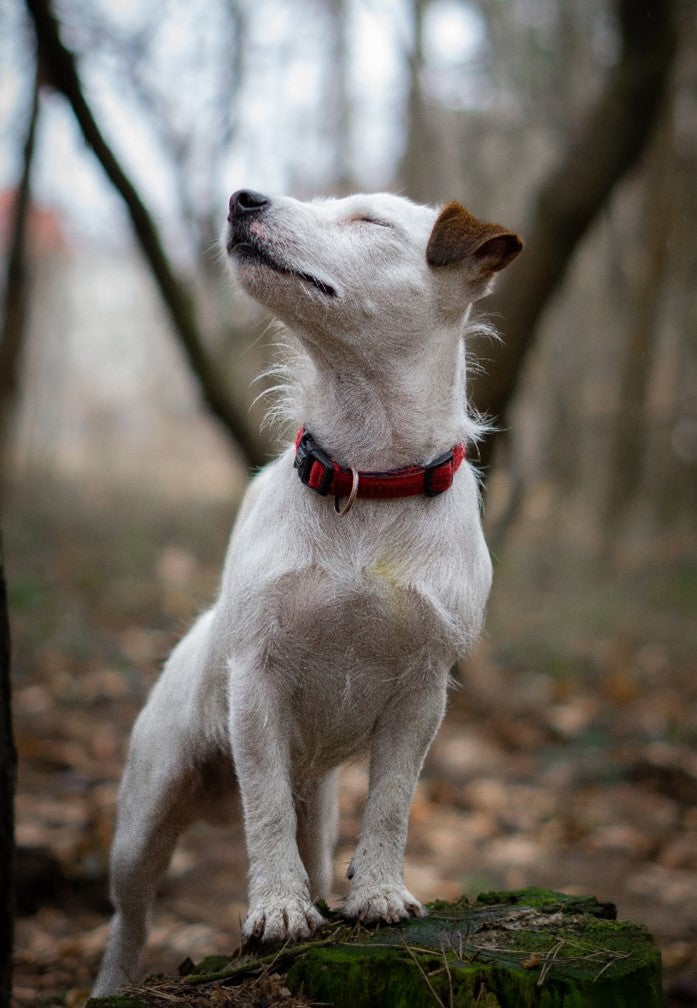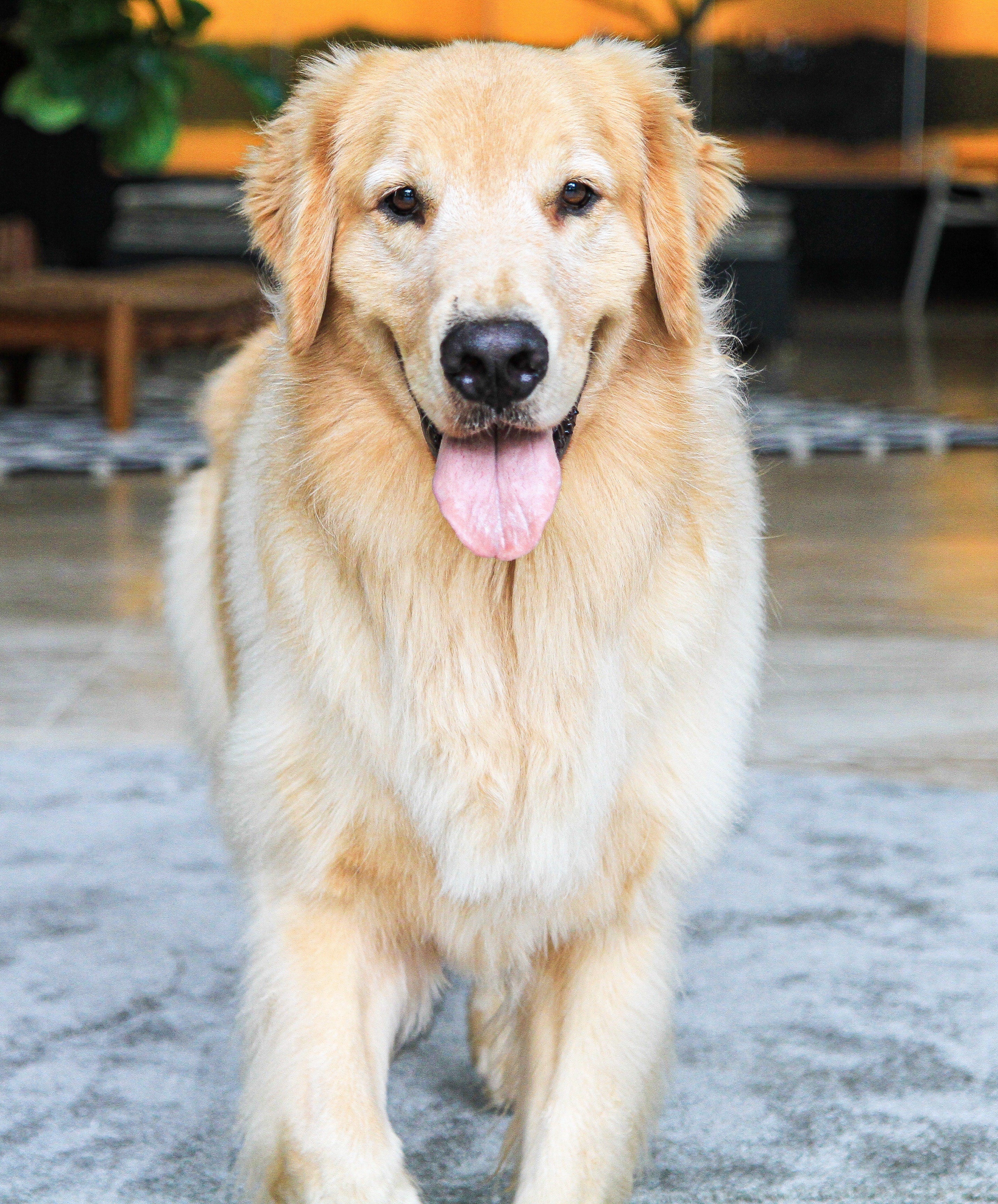As dog owners, we love the loyalty and devotion our furry companions provide. There is nothing quite like the wag of a tail when we come home from a long day or the way they greet us with pure excitement when we return from a short trip. But let's be honest, there are times when you've come home and your pup seems like they're in a little bit of a mood. Maybe they've chewed up your favorite pair of shoes or simply refuse to listen to your commands. So, can dogs hold grudges against you? Let's dive into the truth behind your pup's mood.
Most veterinarians and animal behaviorists agree that dogs do not hold grudges in the way that humans do. While they can have social memories about certain people or situations, their emotions aren't as complex as ours. Dogs do not have the emotional capacity for revenge or spite. Your pup's actions are based purely on their instincts and reactions in the moment. Chewing up your shoes or refusing to listen to commands is not an act of revenge, but more likely due to boredom, anxiety, or a lack of proper training. In fact, dogs have a short-term memory and will likely forget any incident that occurred within minutes or hours.
Dogs may display what appears to be a grudge when they're reacting to a situation. For instance, if someone they don't like or feel threatened by comes around, they may growl, bark, or show signs of aggression. This behavior is more of a self-defense mechanism than them holding a grudge towards the person. Dogs are territorial creatures, and they will protect their owners and their homes from perceived threats.
Dogs are highly attuned to our emotions, and they respond to our behavior accordingly. If we are tense, stressed, or angry, they will pick up on that and react accordingly. They may become anxious, withdrawn, or even aggressive. On the other hand, if we show them love and affection, they will respond in kind. They will show the same affectionate behavior toward us as we do to them.
It's worth noting that the bond between a dog and its owner is formed through socialization and positive reinforcement. It's essential to reward positive behavior, praise, Health Extension® Treats, and spend quality time with your dog. Dogs, like humans, require affection, attention, and routine to be happy and healthy. By providing these, we create a stronger bond with our dogs, which can help them feel more secure and content.
Another thing to keep in mind is that dogs are highly dependent on routine and consistency and have individual personalities just like humans. If we suddenly change our behaviors or routines, they may become confused and anxious. This can lead to negative behavior such as chewing, barking or even aggressive behavior. If we take the time to slowly introduce changes and provide a consistent routine, our furry friends will feel more secure and less likely to develop negative behavior.
Remember, if your pup has caused damage or acted out, it's important not to scold them or take retaliatory action. Instead, provide them with positive reinforcement and redirection. For example, if your dog has chewed up your shoes, redirect their attention to an appropriate chew toy, and when they let go, praise, and reward them. This approach reinforces positive behavior and helps to build a healthy relationship between you and your pup.
In conclusion, it's important to remember that dogs do not hold grudges. They respond to their environment and interactions with their owner based on their instincts and emotions. Providing your pup with a structured routine, regular exercise and mental stimulation, and consistent positive reinforcement will help strengthen the bond between you and your furry companion. Understanding your pup's behavior and the underlying reasons behind it will help you to create a happy and healthy environment for you and your four-legged friend.





